Nissan CEO: Navigating Precarious Waters
![]() 03/11 2025
03/11 2025
![]() 555
555
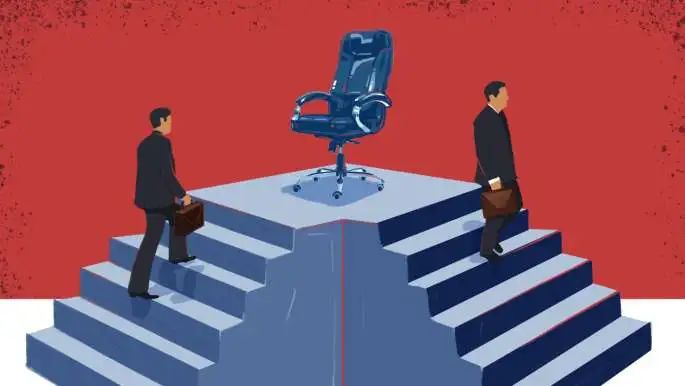
Introduction
Reaching the pinnacle is never an easy feat, especially when the organization in question is already under intense scrutiny, as is the case with Nissan.
Nissan is once again at a crossroads with its CEO position.
Insiders have revealed that Nissan's board of directors will discuss potential successors to the CEO on March 11. With the merger with Honda temporarily suspended, the company is considering sacrificing current CEO Makoto Uchida to smoothen negotiations and ensure a seamless transition.
As early as half a month ago, news of Nissan's intention to replace its CEO surfaced in the media, with the Financial Times among the first to report that Honda was willing to restart negotiations on the merger, provided Makoto Uchida, the CEO of Nissan, stepped down early to clear obstacles in the process.
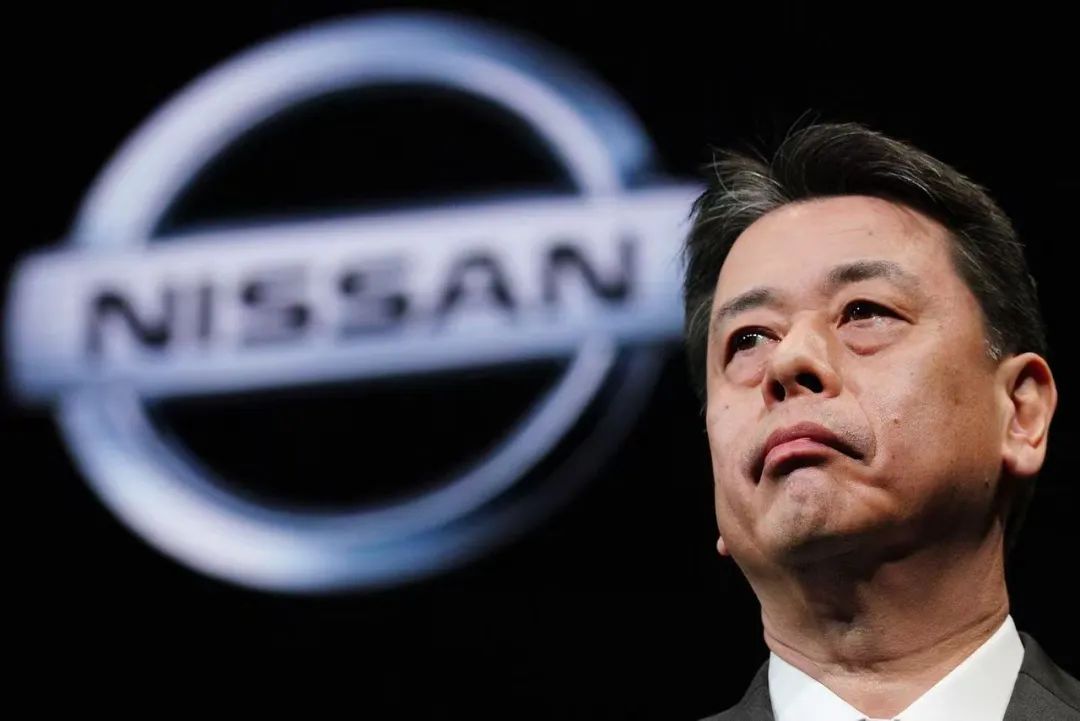
Should Makoto Uchida depart early, his successor will be the fourth to lead Nissan in less than six years, reflecting the turmoil in the company's management since the downfall of former chairman Carlos Ghosn and the challenges faced by the Japanese automaker in achieving a V-shaped recovery.
It is reported that Nissan's next CEO may be appointed in an interim or transitional capacity, which currently seems the most viable option for the company, allowing its board of directors more time to find a permanent successor.
Looking back, from Ghosn to Hiroto Saikawa, and then from Saikawa to Uchida, all of Nissan's top leaders this century have had a tragic undertone to their tenures. Leading Nissan has never been easy, especially with the company already under intense scrutiny.
01 Who Will Helm the Ship Next?
For Nissan, whoever takes the helm will face immense pressure. This successor will not only bear the responsibility of turning the company around but also need to comprehensively consider and coordinate the interests of partners like Honda and Foxconn, while also managing the relationship with long-standing allies Renault and Mitsubishi.
Given the current situation, Makoto Uchida's departure seems inevitable, awaiting only an official announcement. On one hand, the Nissan-Honda merger has hit roadblocks, and dissatisfaction within the board and management has peaked; on the other hand, both profits and revenue are struggling, and Nissan desperately needs a savior. Under the guidance of a new leader, the company urgently requires "blood transfusions" in terms of capital and technology.
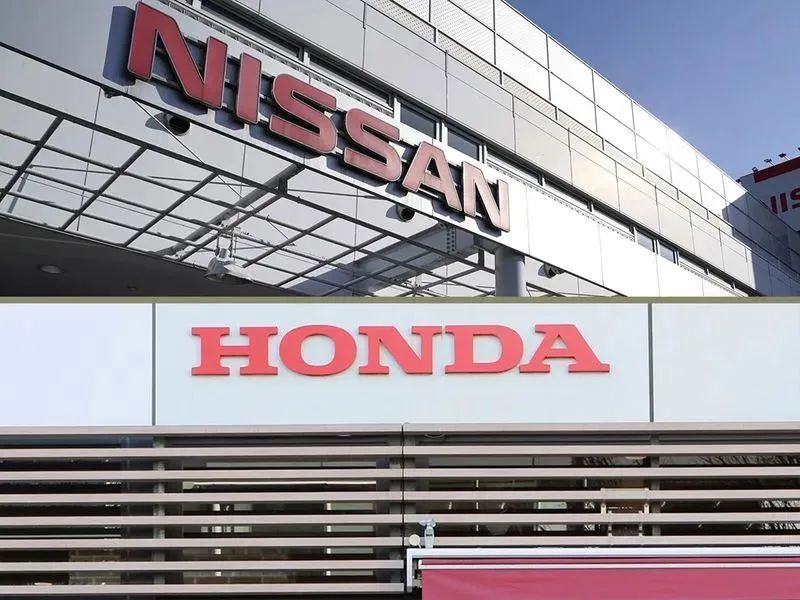
Sources close to the management revealed that Nissan is considering bringing Jun Seki back to steer the company towards profitability and get the Honda merger plan back on track. Jun Seki's strengths lie in his extensive experience in automotive industry management, technical background, familiarity with global operations, and long tenure in the Nissan-Renault-Mitsubishi Alliance.
He is considered an "insider" at Nissan—
Jun Seki joined Nissan in 1986, initially responsible for engine production technology, and later moved to North America and China to oversee planning and management in those regions. Notably, he served as Vice President of Dongfeng Nissan in 2013 and is one of the Japanese executives most familiar with Chinese operations.
In 2018, after Nissan's former chairman Carlos Ghosn was arrested, Jun Seki emerged as one of the most competitive candidates to take over the helm, but he lost to the current CEO Makoto Uchida in 2019.
Nissan formed a management team comprising CEO Makoto Uchida, COO Ashwani Gupta, and Deputy COO Jun Seki, but Seki left at the end of 2019 to become CEO of Nidec Corporation. His tenure at Nidec was not smooth, and due to setbacks in core businesses, he joined Hon Hai Precision Industry Co., Ltd. (Foxconn's parent company) in 2022 as head of the group's electric vehicle alliance.
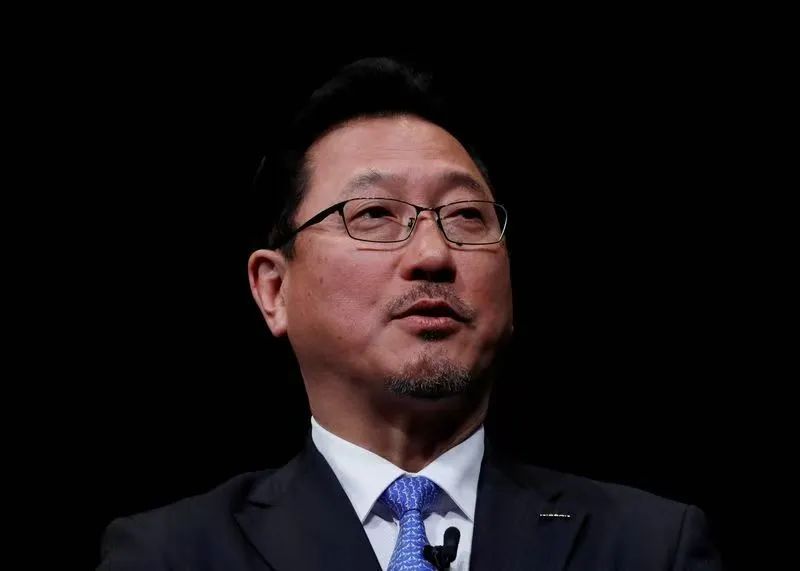
With over 30 years of service at Nissan, Jun Seki is intimately familiar with the company's operations and management. Nissan veterans have stated in interviews that Seki has the ability to align rebellious R&D and manufacturing personnel, keeping their hearts and efforts focused in one direction, and he enjoys a good reputation within the company.
If he assumes the role of Nissan CEO, he may facilitate cooperation between Hon Hai and Nissan. Previously, there were rumors in the industry that Hon Hai Group was attempting to "swallow" Nissan, but the chairman of Hon Hai publicly denied them.
However, insiders familiar with the situation pointed out that Nissan's management holds mixed views on Jun Seki, with some board members believing he is disloyal to the company. Previously, Nissan had a management structure with CEO Makoto Uchida, COO Ashwani Gupta, and Deputy COO Jun Seki, forming a "tripartite confrontation." However, during the critical phase of organizational restructuring, Seki left early, just weeks after assuming his new role.
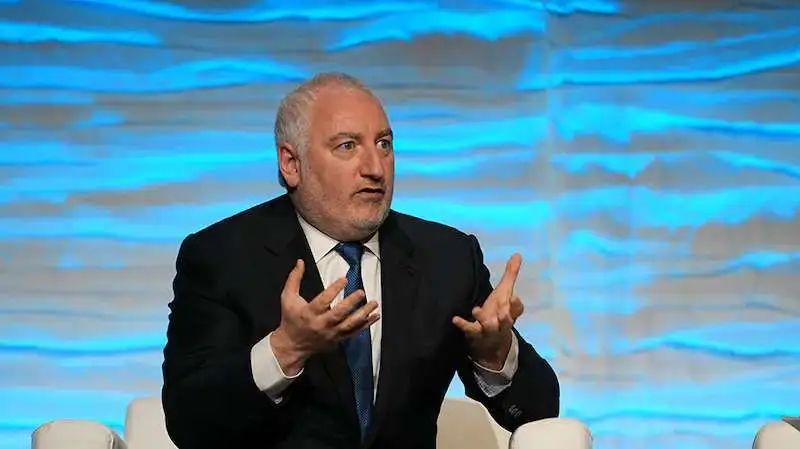
Apart from Jun Seki, other executives are also considered potential candidates to succeed Makoto Uchida, such as Nissan's current Chief Financial Officer Jeremie Papin.
Jeremie Papin previously served as Chief Financial Officer of Nissan North America and Chairman of the Americas Business Unit. He is also well-versed with alliance partner Renault, where he served as head of strategy and business development for three years.
Papin's strength lies in his familiarity with finance and accounting in the automotive industry and his proficiency in handling complex issues. Under his leadership, Nissan's core market in the United States navigated the COVID-19 pandemic and supply chain crisis. However, in terms of strategic planning, his tenure saw issues such as delays in new product launches in the North American market and misjudgments in demand for hybrid vehicles, leaving many product-level challenges.
02 "No One Knows What the Best Solution Is"
Makoto Uchida finds himself in a precarious position, under pressure from multiple sources and under strict scrutiny from the board of directors, shareholders, and partners.
This scenario is all too familiar.
In September 2019, Nissan held a press conference at its global headquarters in Tokyo to confirm the imminent departure of then-CEO Hiroto Saikawa. Prior to this, a former Nissan director accused Saikawa of financial irregularities. Under immense pressure, Saikawa admitted to this, and a week later, it was officially announced that he would leave the company early.
Makoto Uchida was also appointed amidst a crisis, taking over a Nissan facing its most challenging moment in over 20 years. In the past five years, despite being the company's top leader, every decision he made was scrutinized. Judging from previous interviews, Uchida hoped to continue his term after 2026, but Nissan, beset by internal and external troubles, did not grant him this opportunity.
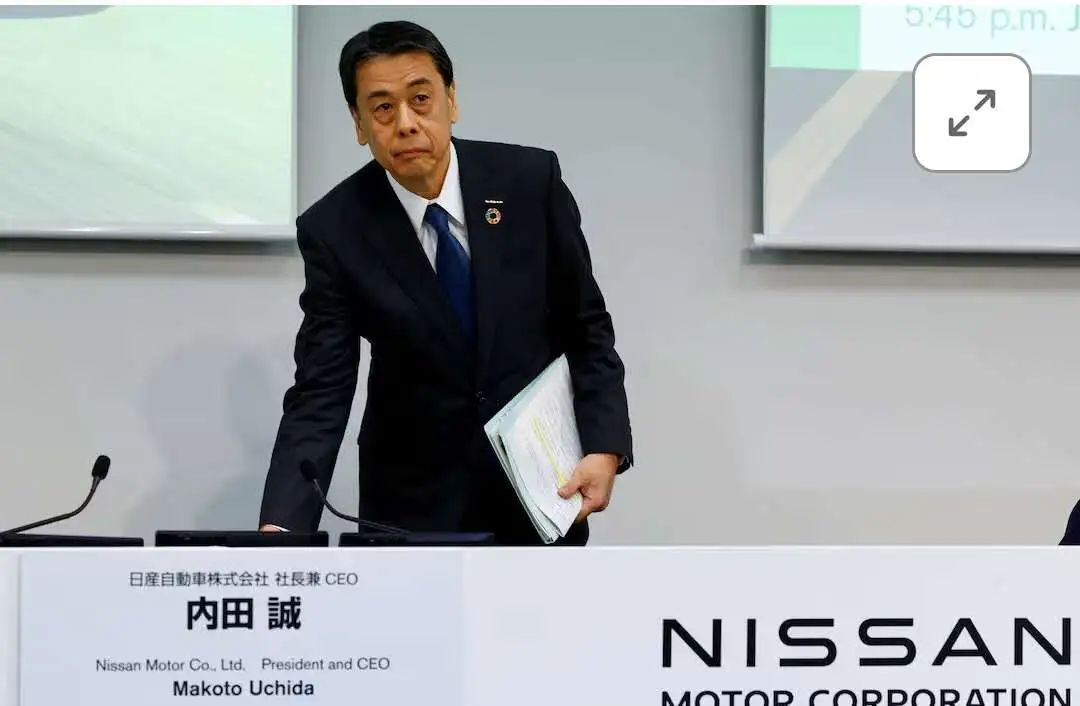
Ghosn, Saikawa, and Uchida, caught in the tide of times and power struggles, seem to have become prisoners of fate and victims of corporate intrigue amidst the turmoil and chaos within the company.
However, for Nissan now, whoever takes over is destined to face a difficult task, and the mergers and acquisitions in the automotive industry have never been so complex. With Uchida's departure, the next leader will also have a tough time. Walking on a tightrope, any carelessness may turn them into the next Uchida or Saikawa.
Having served Nissan for over 30 years, Jun Seki presumably understands the company's situation and the practical demands of the board better than anyone. Japanese media analysis suggests that Seki, who has personally experienced events such as Ghosn's arrest and his own failed bid for the CEO position against Uchida, is unlikely to take over Nissan as a professional manager at this juncture—
Unless, of course, there has been significant progress in negotiations between Nissan and Hon Hai, and he can serve as a bridge to facilitate better cooperation between the two companies.
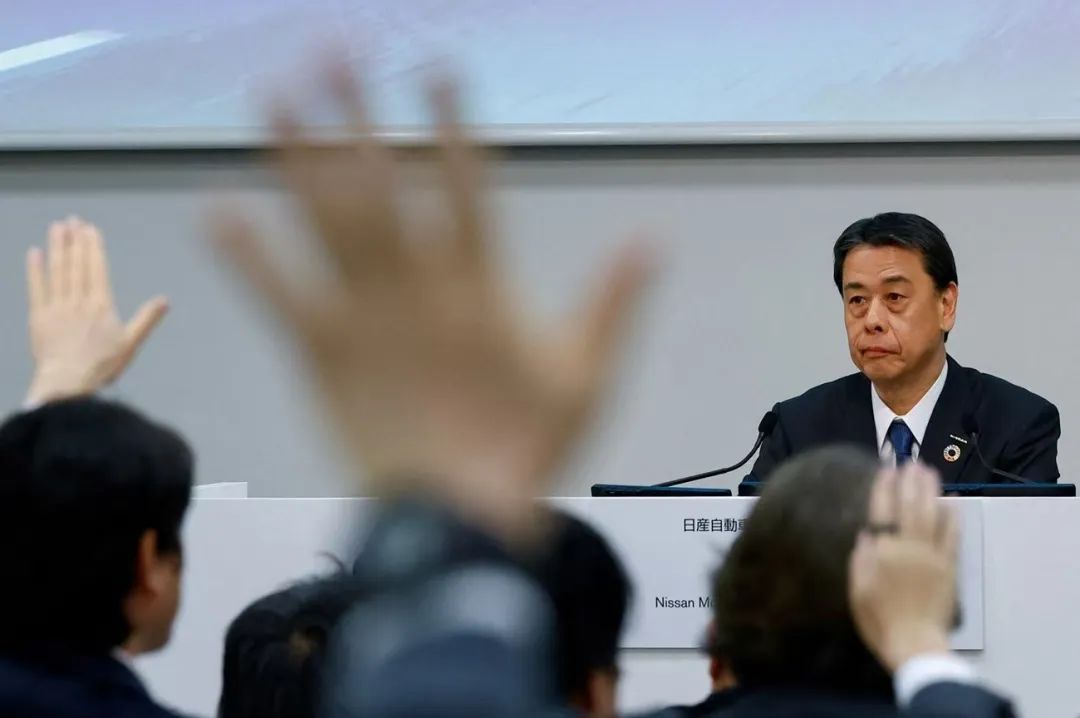
Regardless of who the board ultimately chooses, as Ghosn once said, the pool of management talent he left behind for Nissan during its golden age is dwindling. The lack of capable individuals, visionary leaders, and independent flag-bearers who can turn the tide is the most pressing challenge facing Nissan's management.
In an interview with The Asian Times, Ghosn stated that Nissan is currently in extreme disarray and that discussing cooperation with Honda is a desperate move—
"After I left Nissan, the company collapsed. Nissan now needs to recover, urgently requires funds and investments, but no one within the company knows what the best solution is, because excellent managers have left the company one after another due to my departure."
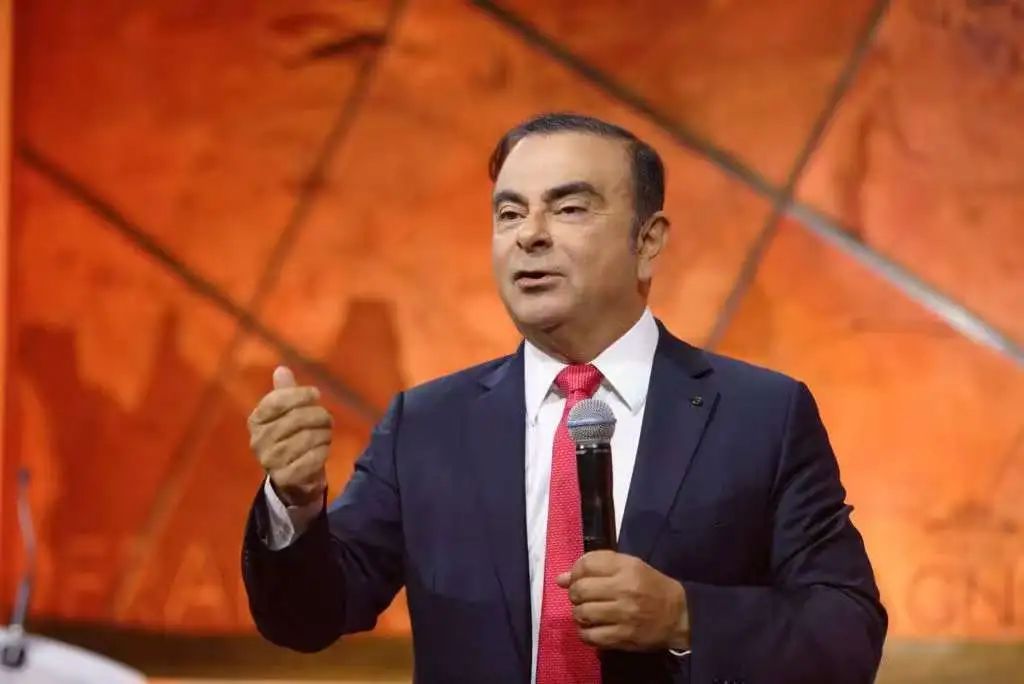
Ghosn specifically mentioned Jose Munoz, the first non-Korean CEO in the history of Hyundai Motor Company, whom he considered one of Nissan's most promising talents and someone he was very optimistic about.
However, just weeks after Ghosn's arrest, Jose Munoz saw the writing on the wall and decisively left Nissan.







